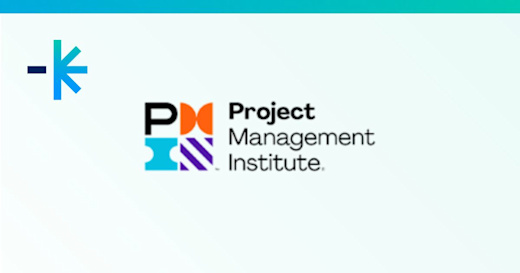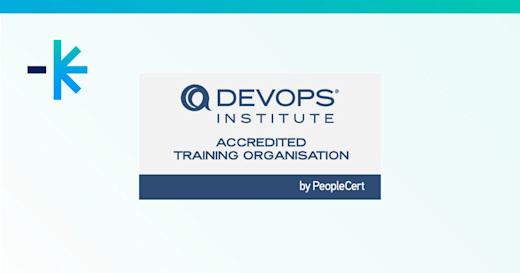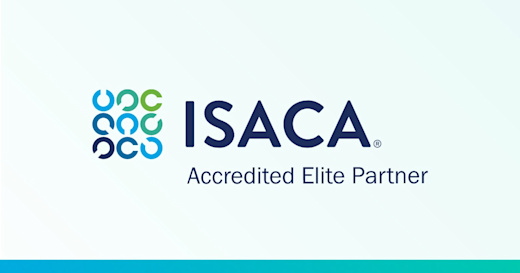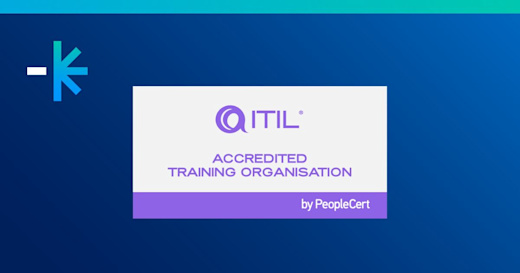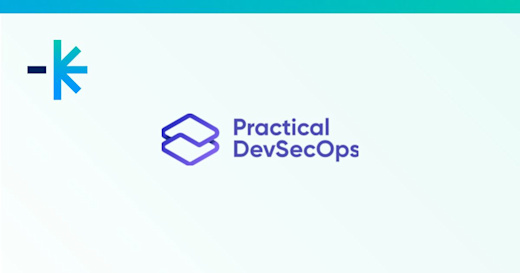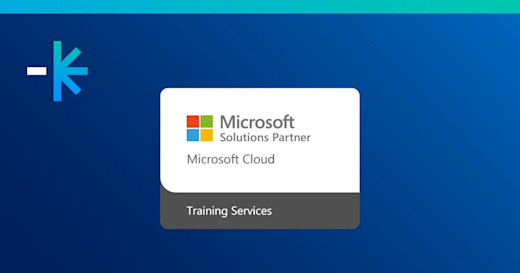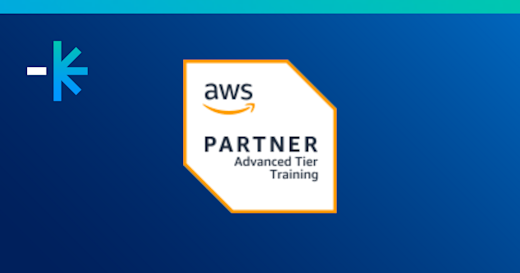Skilled project managers are much sought after in almost every sector in the fast-paced, project-driven world of today. Project management certifications have become a great way to stand out in the employment market as businesses keep appreciating structure, efficiency, and results. Offered by the Project Management Institute (PMI), two of the best-known qualifications in this field are the Certified Associate in Project Management (CAPM) and the Project Management Professional (PMP).
The question is, which certification best aligns with your career goals — and the impact you want to have within your organisation?
Beyond individual benefits, these certifications drive value at an organisational level. Certified project managers utilise PMI's internationally recognised approaches to enhance project results through organised planning, risk management, and stakeholder communication; consequently, there are fewer delays and greater alignment with corporate objectives.
They also establish a shared language and consistent procedures across departments, which improves operational efficiency and enhances cross-functional teamwork. Using PMP-certified experts gives companies more credibility in client interactions and tenders, particularly in industries such as IT, construction, and consulting, where effective project management is a competitive advantage.
This guide will explore the key differences between CAPM and PMP to help you choose the certification that best aligns with your current role, future ambitions and professional readiness. It’s not so much about which is better — but which is right for where you are in your project management journey today.
What is the Certified Associate in Project Management (CAPM) Certification?
The CAPM certification is ideal for early-career professionals or those transitioning into project management roles. No prior experience is required, making it a strong foundation for upskilling team members or individuals entering the field.
It’s been designed to confirm fundamental knowledge of project management concepts, practices and terminology as stated in the PMBOK® Guide (Project Management Body of Knowledge).
Acknowledged worldwide, the CAPM teaches you the fundamental skills required to run or assist projects successfully, making it a great first step for anyone starting their path in project management.
What is the Project Management Professional (PMP) Certification?
The internationally recognised PMP certification demonstrates a professional's expertise in managing and leading projects. Considered the gold standard in project management, the PMP is highly sought after by companies worldwide due to its comprehensive understanding of project leadership, team performance, agile and hybrid approaches, and business value delivery.
Experienced project managers who wish to formalise their expertise and advance into more senior or leadership-oriented positions will find the PMP most appropriate. Candidates must satisfy particular requirements:
a combination of formal education (either a four-year degree and over 3 years of project leadership experience
or a secondary diploma with 60 months of experience)
together with 35 hours of project management training.
Rigid and scenario-based, the PMP exam tests your ability to apply knowledge in practical contexts. Professionals with a PMP usually find improved credibility, more earning potential and more career options. Visit Lumify's PMP certification course page to learn more.
What is the Difference Between CAPM Certification vs PMP certification?
Although the PMI issues both the CAPM and PMP certifications, they serve different career phases. For those just starting in the field, CAPM is perfect. The PMP is designed for seasoned experts who oversee complex initiatives. Your background, objectives and degree of responsibility you now (or hope to) assume in project management positions will determine which of them fits you best. Here are further details on the differences between CAPM and PMP:
Eligibility and Prerequisites
The CAPM suits candidates who hold a secondary qualification and 23 hours of project management training. The PMP, however, requires a four-year degree, over three years of experience in project leadership, and 35 hours of project management training (or a CAPM certification). Degree-less individuals need 60 months of experience.
Examination Structure
The CAPM exam takes three hours and includes 150 multiple-choice questions focused on basic concepts, terms and processes from PMI’s PMBOK® Guide. The PMP exam is more rigorous, with 180 questions across various formats that assess practical decision-making in the areas of People, Process, and Business Environment.
Coverage
CAPM focuses on theoretical development, offering fundamental project management concepts, frameworks and terminology to provide strong foundation knowledge. PMP, in contrast, covers more advanced practices, leadership, agile and hybrid methodologies, and relates to real project execution and strategic business objectives.
Career Impact
The CAPM contributes to employment readiness for initial roles, such as project coordinator or assistant project manager, demonstrating initiative and readiness for formalised environments. With experience, promotion to the PMP — typically required for higher-level positions — can result in a significant career upgrade, duties and a pay increase.
Although the CAPM is a fantastic starting point for the field, the PMP provides access to more strategic leadership positions and larger, more challenging initiatives. Particularly when combined with industry-specific experience or further certifications, the earning potential for PMP-certified professionals rises significantly over time.
CAPM vs PMP Salary
Though industry, location and size of the company will all affect salaries, CAPM holders typically land positions like project coordinator, junior project manager or project support officer. PMP demonstrates a solid history of guiding and supervising initiatives, making certified professionals more qualified for top positions, such as senior project manager, program manager, or portfolio manager.
For career starters and changers, explore the highest-paying IT certifications.
CAPM or PMP Certification: Factors to Consider
Experience with Project Management
CAPM is appropriate for people new to project management or with limited experience, as a stepping stone into the field. PMP is for veteran members with at least 36 months of hands-on project leadership experience with the aim to validate their advanced skills.
Career Objectives
CAPM serves to illustrate initiative and basic knowledge, and as such, is an excellent stepping block into project management positions. PMP indicates the capability to direct complex projects with budgets, staff and strategic goals, thereby opening doors to senior-level roles.
Exam Difficulty and Study Commitment
CAPM is more conceptual in nature; therefore, it is easy to prepare for. PMP is more challenging, as it assesses practical application, logical reasoning, and situational judgment, requiring significantly longer study time and effort.
Recognition and Industry Value
CAPM is a beginner-level certificate that helps professionals launch their project management careers. PMP holds greater business significance globally and is often required in mid-to-senior roles across various sectors, including IT, construction, finance, and healthcare.
Recertification and Maintenance
Both certifications now entail ongoing learning, but PMP has stricter renewal expectations. The CAPM now requires Professional Development Units (PDUs), while PMP certificate holders must earn 60 PDUs over a three-year cycle to maintain their certification.
Fast Track Your Project Management Upskilling With Lumify Work
Both the CAPM and PMP certifications can be great career accelerators. While PMP is meant for experienced professionals ready to validate their leadership and project execution skills globally, CAPM is ideal for those who want to develop strong basic knowledge and break into the business.
At Lumify Work, we provide expert-led training tailored to every certification, so you walk into your exam and your next position with confidence. Our project and programme management courses help you reach your career objectives faster and with intention since they follow PMI criteria and are designed for practical application.
Learn about how to get into project management or view our range of project management courses right now to advance your future into one of the most sought-after professions globally. Lumify Work is an authorised training partner of the PMI, offering PMBOK® training and certification in Australia and New Zealand.
Access our guide to project management frameworks to learn which one can support your upskilling requirements.
With Lumify Anywhere, students can undertake this project management training in-person at one of our campuses, at your site, or online – allowing flexible delivery to suit their personal needs and schedule.


